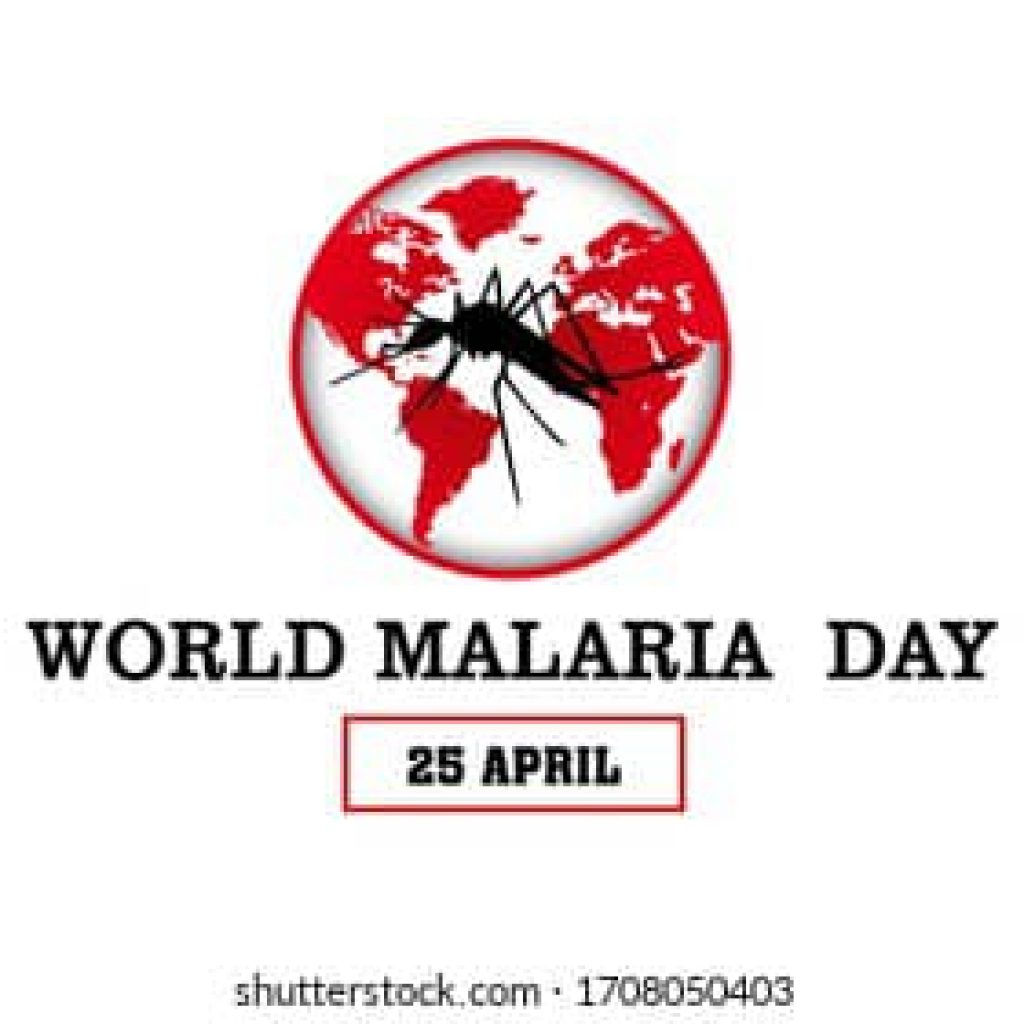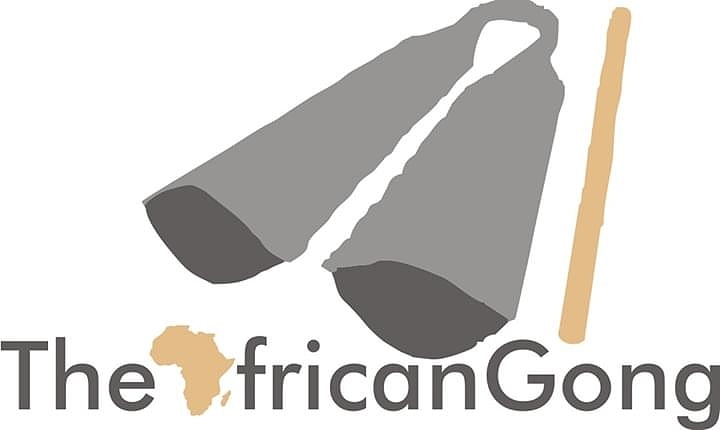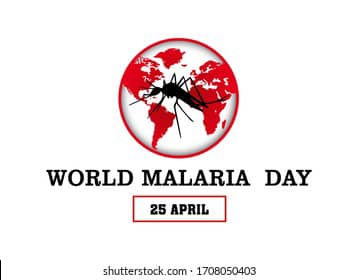
By Blessing David
WHO Regional Director for Africa, Dr Matshidiso Moeti, says Malaria remains a significant public health and development challenge that calls for more proactive measures from experts.
According to him, in the last year, about 95% of the estimated 228 million cases occurred in the WHO/AFRO Region, along with 602 020 reported deaths, of which six countries, the worst-impacted by malaria in the Region, are reported to have accounted for up to 55% of cases globally, and for 50% of these deaths.
He said the World Malaria Day that is marked annually on 25 April,with this year’s theme, “Harness innovation to reduce the malaria disease burden and save lives”, aligns with the WHO’s call to urgently scale up innovation and the deployment of new tools in the fight against malaria, while advocating for equitable access to malaria prevention and treatment, within the context of building health system resilience.

He also said that RTS,S were released by the World Health Organization late last year as the
vaccine will be used to prevent malaria among children aged six months to five years, who live in moderate- to high-transmission settings.
The Director who stressed on the groundbreaking advance in the development of new tools to fight this disease, with the potential to save millions of lives, emphasized on the importance to ensure that the doses that are available are utilized for maximum impact, while ensuring continued availability of other preventive measures to those most at risk.
He explained that malaria remains a significant public health and development challenge,hence there is need to reignite that momentum, and build on the recent advances.
“For example, seasonal malaria chemoprevention (SMC) campaigns were implemented as planned in 2021, ensuring protection for an additional 11.8 million children. Indoor residual spraying was also carried out, and long-lasting insecticidal nets distributed, largely as planned.
Other notable achievements include the scaled implementation of RTS,S vaccine pilots in Ghana, Kenya and Malawi, which reached up to 900 000 children”.

He added that, the ultimate goal is to reduce the number of people catching and dying from malaria which requires a focus on research as well as leveraging available evidence to ensure that the targeted interventions are an efficient use of resources, which produce measurable results.
WHO pointed out the need to work on drug and insecticide resistance, as well as focus on new strains of malaria arising in the Region, which are more difficult to detect, and treat.
He said the World Malaria Day is an occasion to renew political commitment and encourage continued investment in malaria prevention and control just as he called on countries and communities affected by malaria to work closely with development partners to advance the countries by elimination and contributing to the achievement of other Sustainable Development Goals.
WHO Regional Office in Africa, remain fully committed to the fight against malaria through collaboration with governments, partners and communities.
